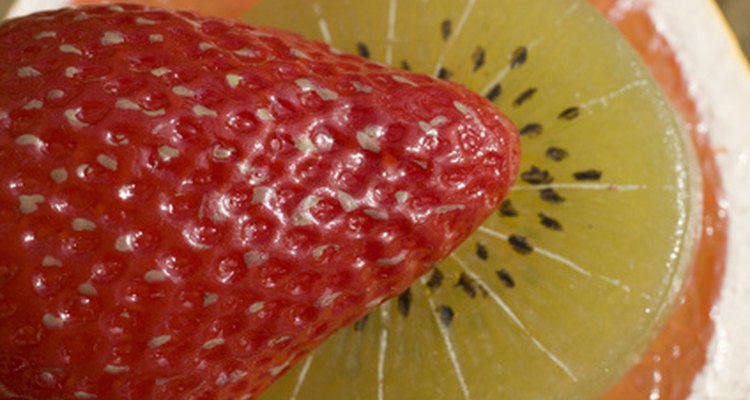
There has been much discussion over the years about fruit sugar and whether it is helpful or harmful as a part of a healthy diet. Many recent low-carbohydrate diets prohibit fruits, claiming that they are too high in sugar. Other diets incorporate fruits as a main staple. Though for some people with diabetes and other blood-sugar related illnesses, too much of any sugar can be problematic, most people will benefit from eating fruit on a daily basis. It is easy to digest and offers a quick source of energy. Fruit also provides fiber, vital nutrients and antioxidants.
Fructose
Fructose, a monosaccaride, is the most water-soluble of all sugars. It is found in fruits, honey and some root vegetables. Its water-solubility makes it quick and easy to digest. Fructose is low on the glycemic index (a measure of the effects of carbohydrates on blood sugar levels) as compared to refined table sugar. Fructose can be purchased in a crystalline form and used as a substitute for refined cane sugar, though should be used in moderation (just as with any processed sugar.)
Glucose
Glucose is another monosaccaride and is stored with fructose in fruits. Upon digestion, it is delivered to the cells of the body to provide energy, or is stored to be used later. All carbohydrates are broken down into glucose. It is the source of energy for our brain and red blood cells.
Sucrose
Sucrose is a disaccharide, meaning that two molecules are bonded together, in this case, fructose and glucose. Sucrose is the sugar most commonly used in the form of cane or beet sugar, in a crystalline form. Fruits contain a wide range of sucrose levels, which should be considered when intentionally cutting back on sugars, in general.
Fruit Sugar Misconceptions
According to the American Diabetes Association, fruit is a healthy part of a balanced diet. It is not a contributor to diabetes, nor does it cause weight gain, when eaten in moderation. Fruit has been known to restore wellness, improve digestion and increase overall health when combined with a healthy lifestyle including exercise.
Related Articles

What Is Agave Syrup?
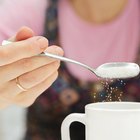
How to Substitute Splenda for Sugar
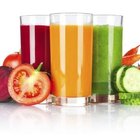
Nutrition Drinks for Diabetics

Why Are Date Fruits a Superfood?

Nutrition Information on Blueberries
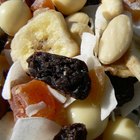
How to Soak Dried Fruit
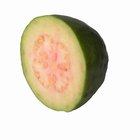
How to Peel Guava

How to Cook Agar-Agar Jam

Candied Fruit for Baking
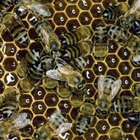
What Causes Honey to Ferment?

Information About the Orange Fruit

Baking With Juice Concentrates

Dates & Yogurt Diet
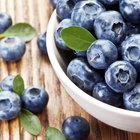
The Carbohydrates in Blueberries
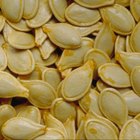
Alkaline & Acidic Foods & Drinks
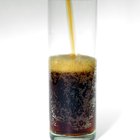
Is There Glucose in Soda?
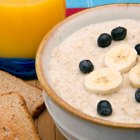
How to Eat Buckwheat Raw
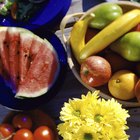
Why Are Fruits Important?
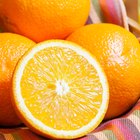
Can Oranges Cause Acne?
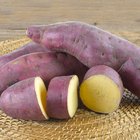
Difference in Sugar Content of Sweet ...
References
Writer Bio
Hailing from Austin, Texas, Beth Berry has been writing since 1995 about sustainable farming, fiber arts and parenting. She brings expertise in organic gardening, landscape design and domestic arts to her writing. Berry holds a Bachelor of Science in environmental science from Abilene Christian University and is a master seamstress.
Photo Credits
fruit image by cherie from Fotolia.com